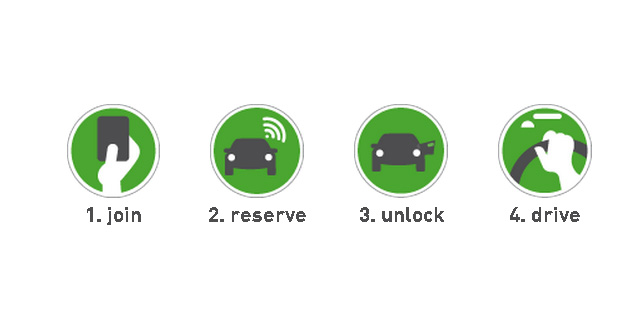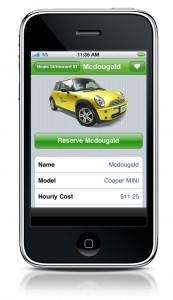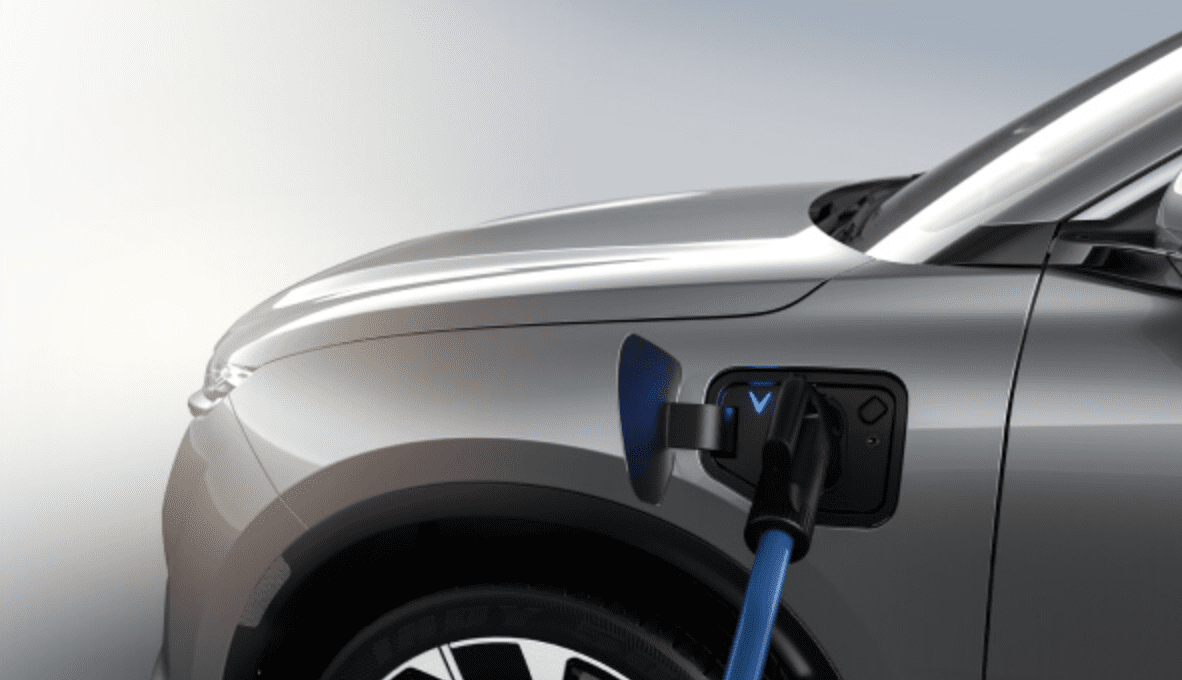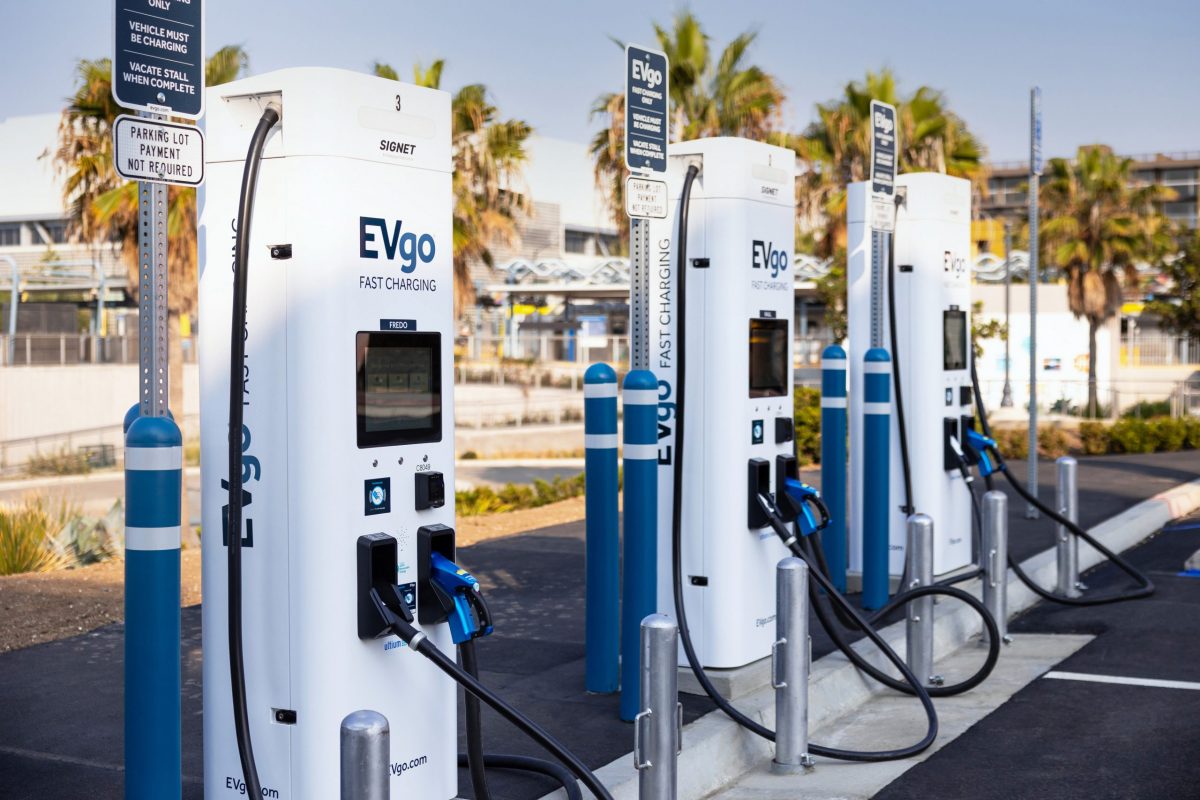US car rental giant Avis Budget Group is taking over car sharing pioneer Zipcar, highlighting the considerable growth potential for the blossoming car sharing industry. The transaction is valued at US$500m and expected to be finalised in spring this year. This latest move by Avis indicates an effort to reinvent its strategy, bringing in the greater flexibility and integrated mobility that car sharing offers.
Car rental and car sharing are not terribly different, though the latter in general offers shorter terms of rental and usually relies on some form of subscription-based fee. Car sharing has been growing dramatically. According to Frost & Sullivan, membership in car sharing clubs in North America and Europe stood at less than 1 million members in 2009. Membership in North America alone is expected to reach 15 million members by 2020.

“The acquisition of Zipcar is a best buy for Avis, as it gives an entry into the cash/operations intensive industry of car sharing. Both its close competitors, Hertz and Enterprise, are already present in this industry. Although Hertz built its Hertz On Demand car sharing service from scratch since 2008, Enterprise followed the inorganic mode by acquiring Philly CarShare, WeCar and Mint cars On-Demand,” note Frost & Sullivan Partner Sarwant Singh and Automotive & Transportation Consultant Mohamed Mubarak.

“For rental companies, car sharing is a natural extension to its current product offerings. Avis can also leverage the Zipcar’s IT mobility platform to enable rentals using smartphones and bring that technology to its traditional business of car rentals and, in turn, have more rental pick up and drops flexibility in big cities, as opposed to owning expensive real estate space. Zipcar also has its leg in the peer-to-peer (P2P) car sharing space with its investment in Wheelz in early 2012. So it gives a diversified entry for Avis in the entire car sharing market,” they note.
Zipcar has been one of the leaders in the car share segment and has been pushing global expansion ambitiously. It currently has 760,0000 members in the US, Canada and Europe. However, this rapid expansion has cut into profitability, and the company has failed to bring in a net profit ever since it launched in 2000. Avis is not daunted, however, and believes it can turn this around. It expects the acquisition to yield between US$50m and US$70m a year in synergies, with particularly strong cost savings in terms of fleet life cycle (from procurement to operations and maintenance to disposition, as well as financing), in addition to savings from eliminating Zipcar’s public-company costs. Avis Budget also plans to achieve substantial cost savings by increasing fleet utilization across the two companies.
“Car sharing is a cash-intensive business. The car sharing business is not profitable until it reaches critical mass. It is therefore vital to obtain external funding from investors or governments for new programmes to take off,” Frost & Sullivan’s Singh and Mubarak explain.
Globally, Frost & Sullivan estimates the total car share market will reach 26 million members by 2020, compared to an estimated global membership of about 2.3 million today. With this in mind, the agency describes the acquisition of Zipcar as “a good purchase for Avis who so far has struggled getting into new business models for mobility compared to its competitors. Car rental companies need to move away from their brick and mortar business into virtual and flexible vehicle rentals, something that Zipcar provides.”

Avis’ acquisition of Zipcar values the car share company at US$12.25 per share, a 49% premium over the closing price on 31 December 2012 and nearly 2.5 times its launch price. “What was most interesting is the valuation of Zipcar, global leader in car sharing, when it went for an IPO in April 2011. At the time of the IPO, the company, founded in 2000, owned under 9,000 vehicles, mostly compact and medium cars in the US and was valued at US$174m. The share value on Zipcar’s first day of trading surged by almost 75% to US$31 per share, boosting the valuation of the company of around US$1.2bn, about US$133,999 per vehicle. The company does not rent a fleet of Ferraris, but the investment community does seem to see it that way.”
Megan Lampinen



